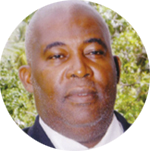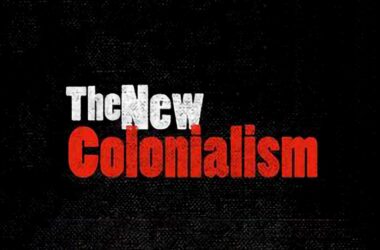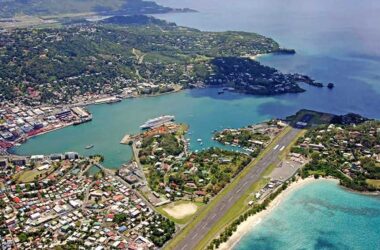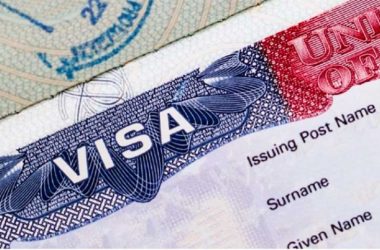
Let me welcome my Open School students to the first lesson on Early Childhood Education. The school is open to parents, guardians, teachers, students and members of the public. This is the first in a series of lessons which will be done in the Open school every two weeks. It is my hope that students will acquire knowledge and skills which will enable them to deal with Early Childhood Learners.
At the end of the lesson, students will be able to (a) list the four stages of development; (b) will be able to identify a preschool child; (c) will be able to select materials for a preschool programme; and (d) will be able to list two reasons for parental involvement in education.
Jean Piaget, an outstanding psychologist from Switzerland explained that children develop by exploring and interacting with their word or environment to understand people, objects and concepts or ideas. They do this naturally even without the help of adults.
Jean Piaget clearly identified four stages of development as follows:
(a) The sensorimotor stage; (b) The preoperational stage; (c) The concrete operational stage; and (d) The formal operational stage.
Let me now carefully explain the stages to you.
The Sensorimotor stage. During the period from birth to about two years, children use senses and motor reflexes to begin building knowledge of the world around them. By senses I mean they use their eyes to view the world, their mouth to suck and their hands to grasp. By reflex action I mean an involuntary, unplanned action or sequence of actions or movement to help them build knowledge of the world around them.
That is the main reason why labels on medicines direct that medicines should be kept away from children. Because of this stage of development, they will grab with their hands; sense of touch and then place object into their mouth; sense of taste to understand the world around them.
The next stage is the pre-occupational stage. This stage begins at about 2 years and ends at 7 years. This is the stage when language begins to develop rapidly. Parents could clearly make out: Ma Ma, Da Da. This stage is less dependent on the sensorimotor action. Children can now use words and short sentences to express themselves.
We come now to the concrete stage. Children in the concrete stage begin to use mental images and symbols during the thinking process. By mental image I mean that the child knows where to sit at breakfast, lunch or dinner time; build blocks, build sandcastles; use crayons and even bake cookies if you allow them.
The fourth stage of development is the formal operational stage. During this stage the children begin to deal with complex mental functions such as: (i) make decisions; (ii) solve simple problems and (iii) express themselves fully by speaking, writing, dramatizing, and graphically represent their feelings and ideas through fine arts or what we often refer to as drawing.
The Pre-schooler or pre-school child. There is a noticeable difference between the pre-school child and the infant and toddlers. Pre-schoolers have lost most of their baby fat and is slimmer than the infants and toddlers and could participate in activities with more confidence.
Pre-school children are at an age of rapid motor skills development. They are learning to use and test their bodies and do things as individuals.
We come now to selecting curriculum for the pre-school child. By curriculum I mean all the components of the course of study or programme to be followed or taught in the pre-school as follows: Specific learning standards or what we refer to today as aims and objectives, materials, methods, timetable, lesson plans, assignments and so on.
The Piaget theory of intellectual development maintains that children must be actively involved in their own learning through experiences and encounters with people and things.
Now what is the adult’s role in selecting curriculum? (i) Adults: parents, guardians, and teachers must know where the child is starting from. In education we refer to that aspect as pre-requisite knowledge or what the child already knows. (ii) provide or select an environment where children or students can initiate things for themselves, decide things for themselves and become problem solvers; (iii) complete guidance for the child. These aspects of learning are supported through the cooperation of teachers, parents and guardians.
Now we come to the formal operational stage. That stage begins at about eleven years and extends to about 15 years. During that stage, the child is capable of dealing with increasingly complex verbal hypothetical problems. The child can now think logically and scientifically.
And now we come to a critical stage of learning, parental involvement in their child’s education or learning.
The most compelling reason for involving parents in their child’s education, is the effect their involvement has on improving the child’s achievement. The literature in education is replete with information indicating that parental involvement in their children’s education improves their children’s education.
Parents must be involved in school activities; there must be cooperation between home and school; parents should attend school meetings regularly; read school newsletters and other written communication. There are many other ways that parents could be involved in their child’s school.
How much or how well have you learned?
Just a brief self-evaluation here.
List two of the four stages of child development.
Who is referred to as a pre-school child?
List two aspects of the pre-school child curriculum.
Name three ways in which parents could be involved in their children’s education.
We have come to the end of today’s lesson. I am delighted about your participation. I hope you would look forward to the next lesson in two weeks time.













